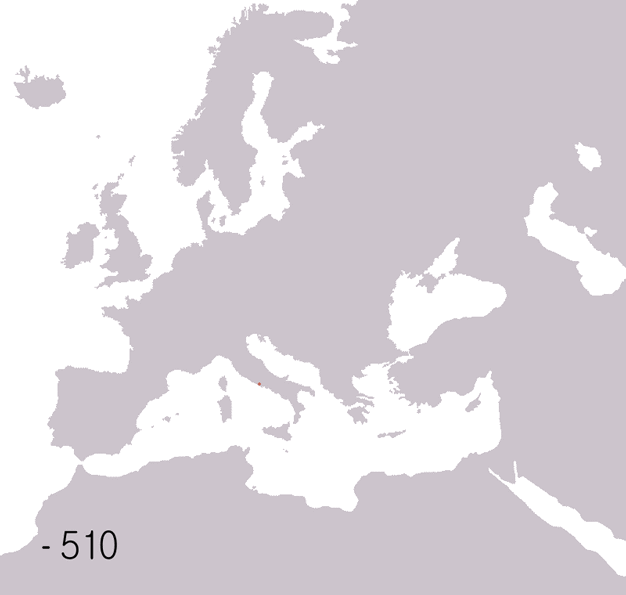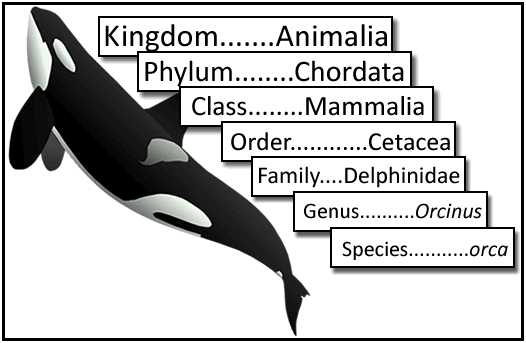
 |  |  |
|---|---|---|
 |  |  |
 |  |  |
 |  |  |
 |  |  |
 |  |
What Have the Romans/Greeks Ever Done for Us?
Although the setting of this clip from Monty Python's Life of Brian is ancient Jerusalem, its message about our extensive debt to Classical civilizations is still pertinent to us today. Art, science, architecture, literature, medicine, music and entertainment, politics, religion, and philosophy have all been influenced by Roman and Greek culture. You probably even have Latin on your person right now, if you have a quarter or $1 dollar bill. The reason for this influence is that both the Romans and Greeks held massive empires for an extensive period of time.
The Roman and Greek Empire

From Ignitum Today
To give you an idea of the extent of the Greek and Roman Empires, see the maps below. On the left is the empire of the Greek general Alexander the Great. At its height in 334-323 BCE, his empire stretched from Greece to India. While it did not last relatively long, it made a lasting impact through the diffusion of Greek culture. As Alexander conquered and founded new cities over the course of his expedition, he brought with him Greek technology, ideology, and most importantly language.
The map on the right shows the growth of the Roman Empire over time. Around its height in 100 CE, the Romans had conquored the whole Mediterranean and as far north as Britain. They were able to maintain this empire for almost four centuries following. Roman culture was not entirely distinct from Greek culture, but it adopted, adapted, and responded to Greece. Romans were educated in Greek literature, imitated Greek art and poetry, and even worshipped gods equivalent to the Greeks'. As the Roman poet Horace states, "Conquered Greece captured her uncivilized captor." These combined empires controlling so much land over so many centuries established an enduring legacy lasting far longer than these civilizations themselves.

From Wikipedia
Influence Today

Here are some ways that Roman and Greek culture are prevalent even today:
Science: From the Renaissance to the early 1900s, Latin was the lingua franca or the universally common language in which scientists and scholars discussed their academic works. Some examples of this influence are the facts that every organism is classified by a scientific name in Latin, most of medical terminology is directly derived from ancient Greek and classical Latin, and planetary nomenclature are still in Latin. In addition health care professionals, like physicians, pharmacists, and nurses, are required to know and use Latin abbreviations in their prescriptions. Studying classical languages offers aspiring scientists in many fields an advantage.

Arts and Entertainment: Many of the works that students of Latin and Greek study have not remained static in their original form, but they have been and continue to be retold, reincorporated, and reinvented in a variety of mediums such as music, paintings, books, movies, and even commercials. One recent example of classical influence in modern entertainment is the popular book and movie series, the Hunger Games. The author of these works, Suzanne Collins does not deny that the premise of young children sent as tributes from oppressed peoples and forced into a dangerous arena containing hybrid monsters was inspired by the myth of Theseus and the Minotaur. In addition the main protagonist, Katnis Everdeen is a reinvented Spartacus since both are gladiators who eventually lead a rebellion for freedom. Studying Classics brings an awareness and appreciation for how references such as this pervade our society. To see how Classical literature inflenced your favorite books check out this article (READ HERE).


The Jefferson Memorial (above) in Washington D.C. compared to the Pantheon (right) in Rome.
From Wikipedia
Government and Politics: When the United States declared independence, they looked to ancient Greece and Rome as models for its new government. Around 500 BCE, the Greek city-state of Athens instituted one of the first direct democracies. Athenian citizens assembled regularly to vote, conduct trials, and discuss pressing issues. Closer to our system of government was the Roman Republic. Like the United States, government leaders were elected to their positions by the citizens, and their power was limited by a system of checks-and-balances, including the veto. When our country set up a government that values citizen participation and limits of power, it looked back to these ancient governments as their model.